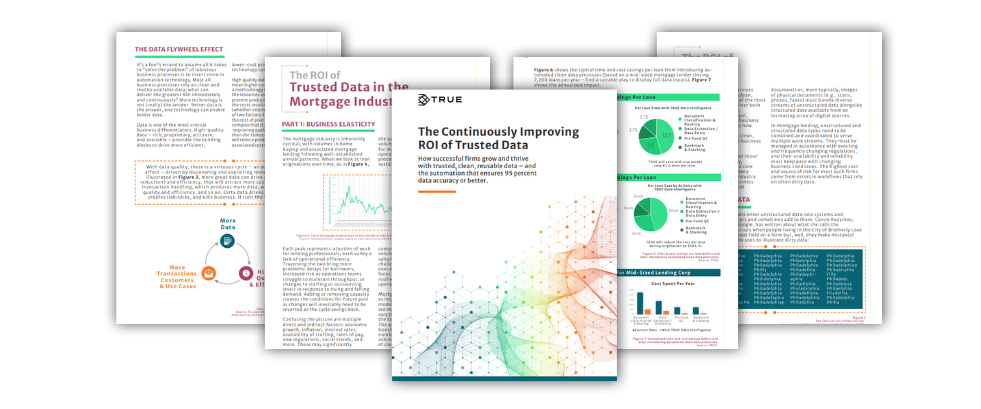Top MERS QA Findings for 2022
Blog post originally posted on the MetaSource Mortgage Blog
Meeting the reconciliation and reporting requirements of MERS® is never effortless, but 2022 was a year that put the best efforts of servicers to the test and then some.
With round after round of mortgage industry layoffs, relying on trained and experienced MERS quality assurance (QA) employees to manage compliance functions was no longer an option for many – and it showed.
Our annual analysis of third-party QA audits suggests that in many cases, the job was relegated to employees who weren’t necessarily less qualified but had less MERS experience. These employees struggled with a process that can be challenging even for those who have been through it many times.
This report discusses the challenges that resulted, highlights one area of improvement, and provides some best practices for ensuring MERS compliance in 2023.
Top 2022 MERS QA Audit Findings
Here are the MERS QA challenges that gave Members the most trouble in 2022:
- Member did not reconcile MERS system data in accordance with the requirements of the MERS System Procedures Manual
- Document samples submitted for review were not compliant with state-specific requirements or with requirements for identifying MERS as the nominee
- Member did not have adequate quality assurance processes in place to satisfy requirements
Enhanced Document Requirements Revealed Additional Errors
In previous years, MetaSource auditors focused on whether or not Members had procedures in place for meeting documentation requirements. However, a recommendation that auditors review document samples in addition to processes was recently added to the MERS review guide.
In order to provide the best third-party review services possible, we updated our own audit processes at MetaSource and now require Members to provide us with document samples.
“We ask for samples of all document types that would be prepared in MERS’ name,” MetaSource Director of MERS Services Rachel Pylant said.
Reviews of such document samples revealed errors that may not have come to light in past years. For example, there were several instances in which language identifying MERS’ role as the lender’s nominee was omitted. The MetaSource Team also saw several errors related to state-specific requirements around address listings and MERS verbiage.
“The most important thing tied to document samples and document review is paying attention to MERS requirements that are state- and document-specific. Certain states have different requirements,” MetaSource Customer Success Manager Katherine Adams said.
Staffing Challenges Led to Increased Findings
The main source of not only state-specific document challenges but also reconciliation and quality assurance process challenges was staffing, or lack thereof.
Pylant said the issue of staffing came up many times during the check-ins MetaSource conducts with clients.
“We work with clients very closely in general and also because a lot of the people we are working with are newer to the process,” she said.
The MetaSource Team found that Members who experienced a great deal of turnover this past year particularly struggled with the reconciliation process.
Download the full report to learn more about reconciliation challenges, an area of improvement, and best practices for ensuring MERS compliance in 2023.





